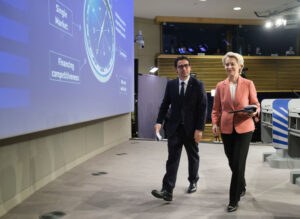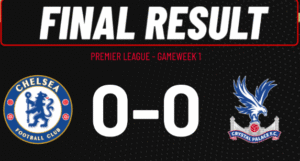
As the European Commission prepares to unveil its Clean Industrial Deal (CID) on February 26, 2025, a coalition of non-governmental organizations (NGOs) and businesses is urging policymakers to ensure the initiative embodies a ‘zero-pollution’ ambition to safeguard public health and the environment. This coalition emphasizes that the CID must address the intertwined crises of climate change, biodiversity loss, and pollution to foster a truly sustainable industrial transformation.
The Triple Environmental Crisis
Europe is currently grappling with a triad of environmental challenges:
- Climate Change: Escalating greenhouse gas emissions are intensifying global warming, leading to more frequent extreme weather events and long-term climatic shifts.
- Biodiversity Loss: Habitat destruction, pollution, and overexploitation of natural resources have precipitated a significant decline in wildlife populations and ecosystem health.
- Pollution: Industrial activities release a plethora of pollutants into the air, water, and soil, adversely affecting human health and natural habitats.
The coalition contends that the CID presents a pivotal opportunity to tackle these crises holistically, promoting an industrial paradigm that is both competitive and environmentally responsible.
Zero-Pollution Ambition
Central to the coalition’s advocacy is the integration of a zero-pollution objective within the CID. They argue that achieving true sustainability extends beyond decarbonization; it necessitates the prevention and remediation of all forms of pollution. This entails:

- Air Quality Improvement: Implementing stringent emission controls to reduce pollutants that contribute to respiratory diseases and environmental degradation.
- Water and Soil Protection: Enforcing regulations to prevent the contamination of water bodies and soil, ensuring the safety of drinking water and agricultural productivity.
- Toxic Substance Management: Phasing out hazardous chemicals and promoting the use of safer alternatives in industrial processes.
The European Environmental Bureau (EEB) emphasizes that the CID can only be deemed ‘clean’ if it fully incorporates the zero-pollution goal alongside climate objectives. This approach aligns with the European Green Deal’s vision of a toxic-free environment. citeturn0search2
Health Implications of Industrial Pollution
The health ramifications of industrial pollution are profound. Air pollution remains the leading environmental health risk in Europe, contributing to hundreds of thousands of premature deaths annually and imposing economic costs in the hundreds of billions of euros. Despite these impacts, many health consequences are preventable through effective policy measures. citeturn0search7
The EU Healthy Air Coalition (EUHAC) has expressed concern that preliminary discussions of the CID have not adequately addressed air quality improvements. They advocate for the CID to serve as a catalyst for cleaning up Europe’s air, thereby enhancing public health outcomes. cite








